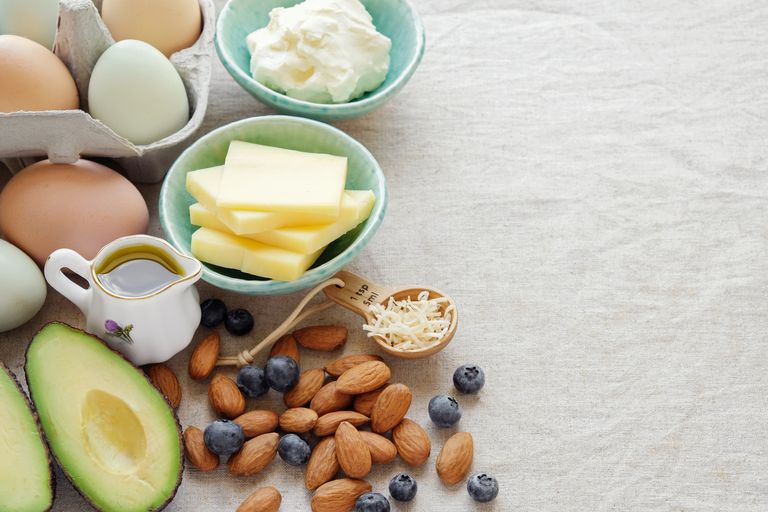

Let’s get real for a sec: The keto diet is pretty much a godsend for meat- and cheese-lovers everywhere.
But uh, what if you don’t eat meat or fish? Or abstain from animal products altogether? Can you jump on the keto diet train if you’re vegetarian or vegan?
Turns out, that’s a hard…maybe, depending on your dietary restrictions.
“Vegetarians can definitely do the keto diet, but it’s going to be a bit harder for them than for their non-vegetarian friends,” says New York City-based dietitian Samantha Rigoli, R.D., founder of Healthy to the Core.
For vegans, it’s another story: “I wouldn’t recommend that vegans do keto at all—it’s just too restrictive, which isn’t going to be healthy in the long-term,” says Rigoli.
I’m a vegetarian who wants to try keto—what do I need to know?
Eggs, dairy, and plant-based meats are key for keto vegetarians.
The goal ratio for the keto diet is always the same: 75 percent fat, 15 percent protein, and the rest from carbs. “If you’re a vegetarian, that means you’ll want to rely mostly on eggs (if you eat them) and dairy to make that happen,” says Rigoli.
But, reminder: Legumes (like beans and chickpeas) aren’t allowed on the keto diet, so you can’t get your protein from those sources.
“In addition to mostly eggs and dairy, you’ll also want to load up on plant-based meats like tempeh, tofu, and seitan, and plant-based protein powders, too,” she continues. If you are a strict vegetarian and you don’t even eat eggs, you’ll want to go for even more dairy and plant-based meats, along with protein powders.
Don’t forget about fats, like avocados and nuts.
Avocados should be a huge part or your diet too, as they are a great source of easy-to-eat fat. “For even more fat, you should also cook everything with lots and lots of olive oil and some butter and coconut oil, too,” says Rigoli.
And definitely don’t skimp on the nuts and nut butters, adds Rigoli. Macadamia nuts are especially high in fat, she points out, so stock up on those—and almond flour and almond milk are also great ways to get your fair share of nuts, too. “If you’re on keto and you’re not eating meat or fish, [nuts will] be a big source of fat for you,” she continues.
Make sure to load up on non-starchy vegetables too.
Think: mushrooms, leafy greens, green beans, peppers, and cauliflower. “Cauliflower is especially great for keto because it’s a good carbohydrate substitute. You can make cauliflower rice, cauliflower pizza dough, and more—it’s definitely worth looking up some of those recipes,” Rigoli recommends.
Fruits, however, can be tough for keto dieters, since a lot of them are off-limits due to their high carbohydrate count. “Berries are your best bet,” advises Rigoli.
And you’re probably going to need supplements, TBH.
No matter what you eat, though, Rigoli recommends taking a supplement if you’re doing keto as a vegetarian. “You’re missing out on a lot of nutrients by eating this way—especially iron and zinc and omega-3s and vitamin D—so a supplement is a really good idea,” she says. Her advice: Take a multivitamin every day, as well as an EPA-DHA, which is a plant-based version of fish oil that delivers the same amount of omega-3s.
Source: Read Full Article